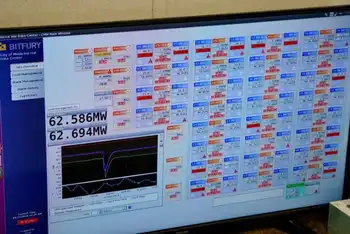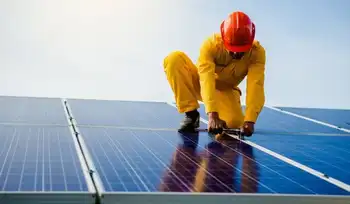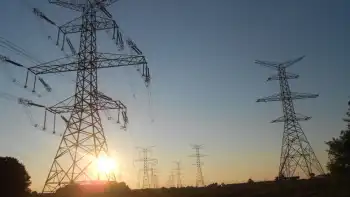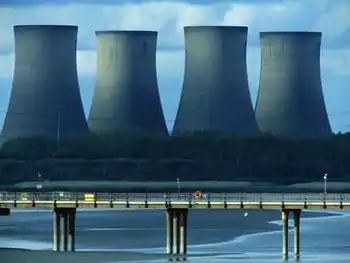Koreans pushing nuclear deal with India
NEW DELHI, INDIA - Seoul and New Delhi are discussing a civil nuclear cooperation agreement, which is likely to be high on the agenda during LeeÂ’s meeting with Prime Minister Manmohan Singh.
Diplomatic sources said that South Korea’s state-owned Korea Electric Power Corporation (KEPCO) is keen to export its APR-1400 reactors to India. The KEPCO and Nuclear Power Corporation of India Limited (NPCIL) have been engaged in a joint study of ‘licensability and constructability’ of APR-1400s in India over the past few months.
A KEPCO delegation recently visited Mumbai and had discussions with the NPCIL top brass. But commercial negotiations between KEPCO and NPCIL can start only after New Delhi and Seoul enter into an agreement for civil nuclear cooperation between the two countries.
A KEPCO-led consortium on December 27 last won a (US) $40 billion contract to build four nuclear power plants in the United Arab Emirates by 2020.
The KEPCO, with its installed capacity of 17,716 MW as of the end of 2008, also ranks sixth among worldÂ’s nuke powerhouses.
It operates 20 units, with eight more units currently under construction and additional 10 units planned to be built by 2030. Nuclear power accounts for 39 per cent of total electricity generation in South Korea. If Seoul and New Delhi strike a nuke deal, South Korea will be the fifth country – after U.S., France, Russia and Canada – to enter into a civil nuclear cooperation agreement with India after the September 2008 waiver from the 45-nation Nuclear Suppliers’ Group (NSG) ended the country’s more-than three-decade-long isolation from the nuclear world since the 1974 tests in Pokhran.
Sources said that the South Korean company was keen to offer India its Advanced Power Reactors at very competitive prices. The KEPCO and NPCIL on August 27 last year signed a Memorandum of Understanding (MoU) for bilateral cooperation in the field of nuclear power through technical exchange of data, experience, visits and joint work.
Related News

Bitcoin mining uses so much electricity that 1 city could curtail facility's power during heat waves
MEDICINE HAT - On the day of the grand opening of the largest bitcoin mining project in the country, the weather was partly cloudy and 15 C. On a Friday afternoon like this one, the new facility uses as much electricity as all of Medicine Hat, Alta., a city of more than 60,000 people and home to several large industrial plants.
The vast amount of electricity needed for bitcoin mining is why the city of Medicine Hat has championed the economic benefits of the project, while environmentalists say they are wary of the significant energy use.
Toronto-based Hut 8 has spent more…




